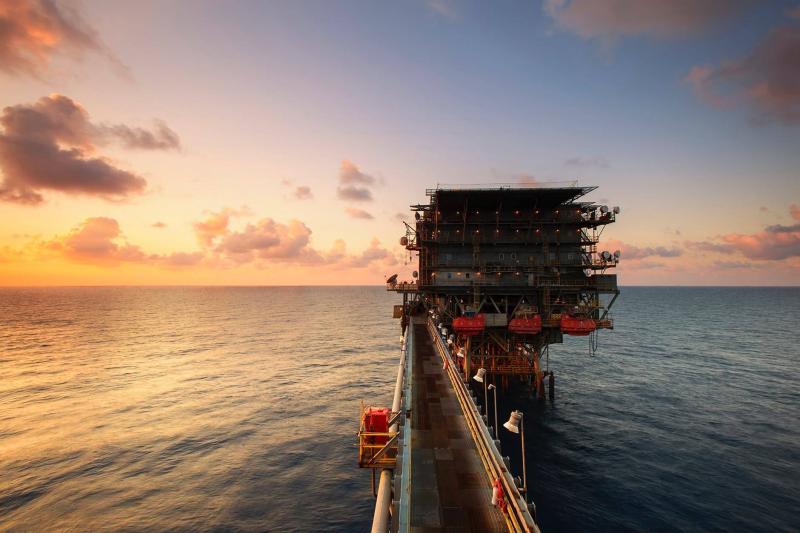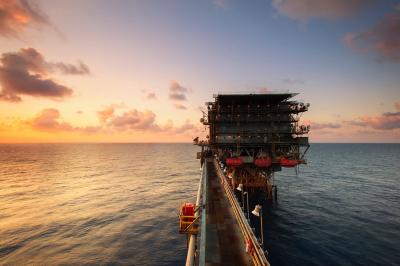Goldman Sachs has predicted that oil prices will continue to rise, reaching $80 per barrel in the fourth quarter of this year, attributing this to the market's failure to accurately assess the recovery in demand. This forecast comes despite the potential resumption of Iranian crude supply. In a note dated yesterday, the bank stated, "Thus, the justifications for higher oil prices remain, given the significant increase in demand alongside the expansion of COVID-19 vaccinations against inflexible supply."
But will oil continue its recovery as last year's stockpiles dwindle? The likelihood of a return of potential Iranian exports in July is not expected to hinder Brent crude prices from reaching $80 per barrel by the fourth quarter of this year.
Oil prices had dropped last week after Iranian President Hassan Rouhani stated that the United States is willing to lift sanctions on his country’s oil, banking, and shipping sectors, with talks between Washington and Tehran set to resume this week. Iran announced an agreement with major powers that would lift most sanctions against it; however, crude prices recovered some losses today, as a potential obstacle appeared in efforts to revive the 2015 Iranian nuclear deal, which could add to oil supplies. Oil has risen by 1.8%, currently trading at $67.5 per barrel.
Goldman Sachs noted that the recovery in demand in advanced economies will offset the impact of the recent hit to consumption due to the pandemic and the potential slowdown in the recovery of economies in South Asia and Latin America, along with their demand for oil. The bank expects demand to increase by 4.6 million barrels per day by the end of this year, with most of this increase occurring in the next three months as mobility rapidly increases in the U.S. and Europe, with an accelerated pace of vaccinations and easing of lockdown measures, along with a rise in shipping activity and industrial activities.
The bank also anticipates that the OPEC+ alliance will offset any increase in Iranian production by halting production increases in the second half of this year for a duration of two months.




